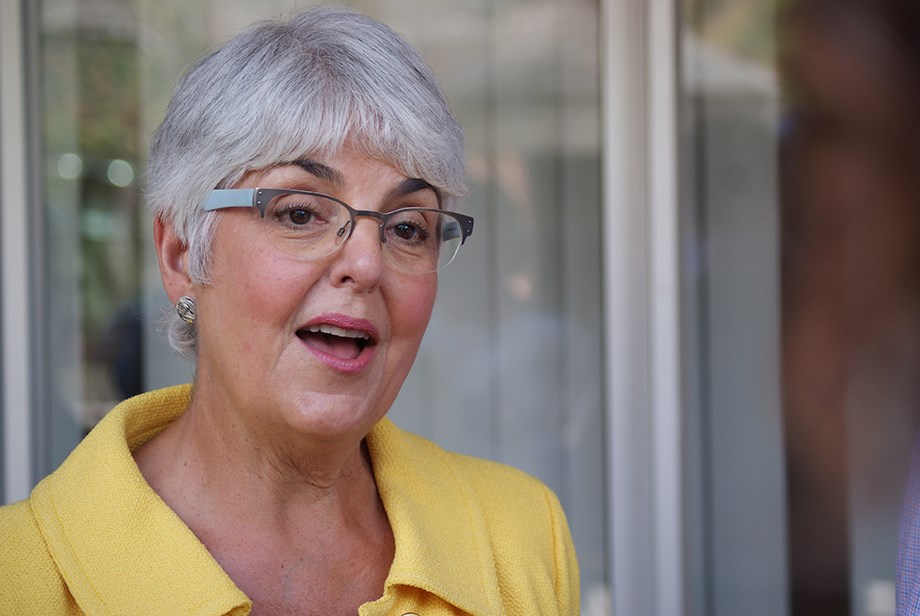People who hold an interest in B.C. property through corporations, trusts and numbered companies could soon have their names published in a government registry, according to new legislation.
Finance Minister Carole James introduced a bill Tuesday to launch a beneficial ownership registry, which would be the first of its kind in Canada and designed to increase transparency of land ownership in an attempt to combat tax fraud and money laundering.
“This act addresses government’s commitment to end the hidden ownership of land,” said James. “For years, people were able to use shell companies, trusts and partnerships to hide who really owns property in British Columbia.”
The registry, to go online in 2020, is intended to cut through the levels of secrecy and anonymity that surrounds corporate ownership of property through numbered companies, offshore trusts, blind trusts and corporations. Examples include when land is owned by one numbered company, which is then controlled by another numbered company, even though both companies are the same person.
James said the lack of transparency is contributing to money laundering, criminal activity and by extension the high price of real estate in Metro Vancouver.
“We need to make sure the opportunity is there to know who is behind those companies,” said James. “Because shining light on transparency is one of the best things you can do when you talk about money laundering or bad action when it comes to housing. We know that drives prices up.”
The public will have access to the registry, names and property details in a manner similar to what is now offered by B.C.’s land-title office, said James. “High-level information will be available for search publicly.”
The registry will be “self-funded” through search fees, according to the Ministry of Finance. The land-title office currently charges a fee of almost $10 per search, as well as additional charges to retrieve and generate electronic documents.
More sensitive information will only be shared with law-enforcement agencies, tax authorities and certain regulatory agencies to address fraud, tax fraud and money laundering, said James.
The legislation proposes to record the names, birthdates, social insurance numbers, residency status and any relevant tax numbers of beneficial owners. Beneficial status is defined as anyone that stands to benefit by the land sale, as well as anyone who owns 10 or more per cent of the shares of a company or anyone with the power to appoint or remove a corporate director.
Penalties for remaining hidden under the legislation include fines of up to $100,000, or 15 per cent of the assessed property values, for criminal offences.
The registry was a promise of the NDP’s housing affordability plan first announced in 2018. Since then, the government has consulted with the Union of B.C. Municipalities and produced a study paper with draft legislation for feedback.
James also introduced legislation Tuesday to force B.C. businesses to identify all owners of companies in new transparency reports.
The legislation proposes to end loopholes over bare trusts, in which some people could get around property transfer taxes and land-title registration by simply selling controlling shares in companies that hold land rather than selling the land itself.



